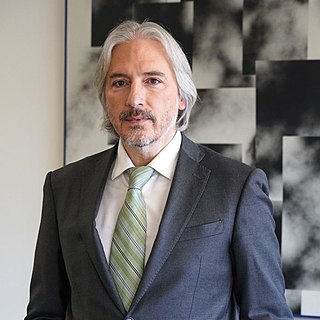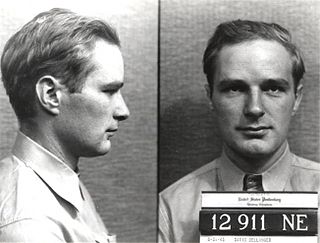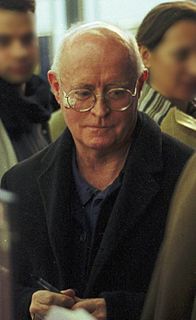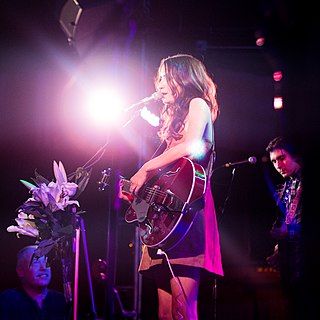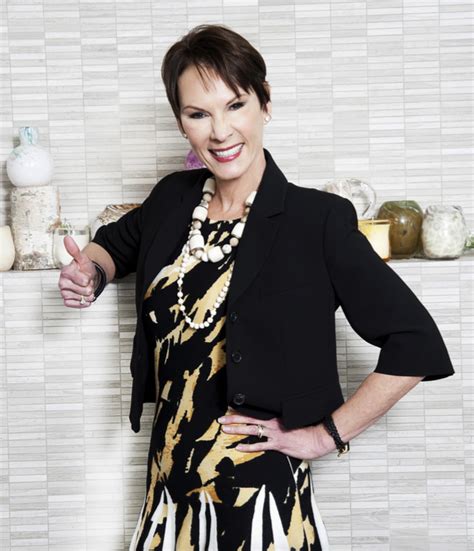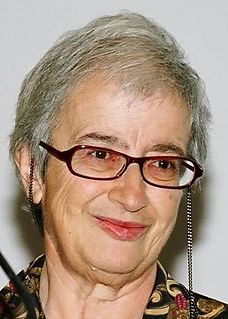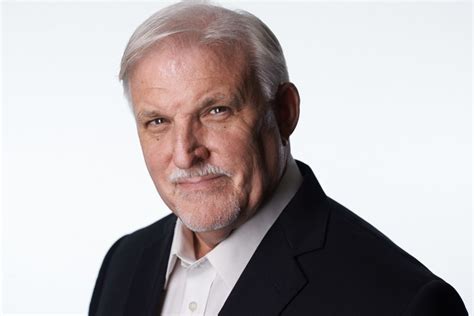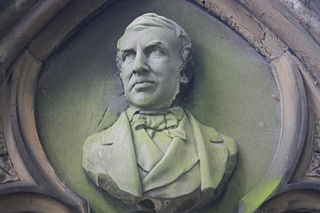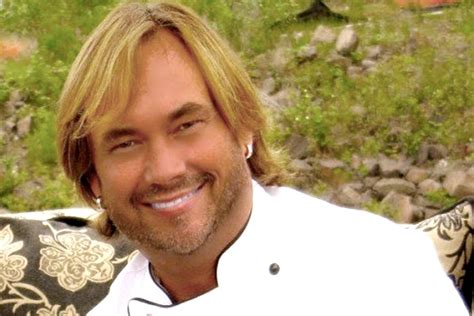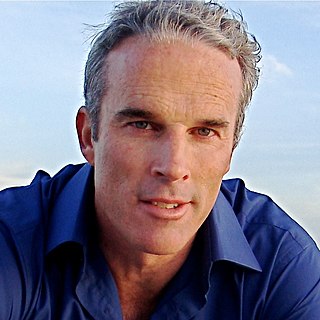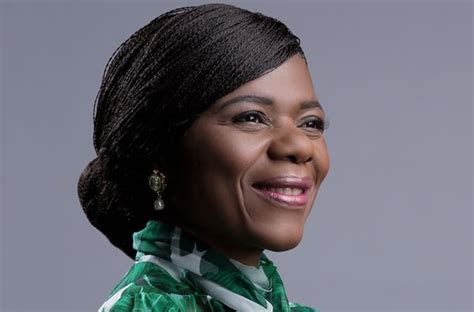A Quote by Jim Steyer
When we speak about a culture of violence in the American society, we're not just talking about the mass killers. We're also talking about that we, as a society, and many of us as individuals accept violence as part of life because we have become numb to it, being so exposed to it in various forms of media.
Related Quotes
Until educators, individuals, artists, intellectuals and various social movements address how the metaphysics of casino capitalism, war and violence have taken hold on American society (and in other parts of the world) along with the savage social costs they have enacted, the forms of social, political, and economic violence that young people are protesting against, as well as the violence waged in response to their protests, will become impossible to recognize and act on.
We don't like to use the phrase "state security" in the United States because it reminds us of all the bad regimes. But it's a key concept, because when these officials are out on TV, they're not talking about what's good for you. They're not talking about what's good for business. They're not talking about what's good for society. They're talking about the protection and perpetuation of a national state system.
Some studies have shown close to 70 percent of men who are in prison have one of two things in common: One, they can't read. And two, they witnessed violence or were victims of violence as a child. You would think that if you had seen your mother get beaten when you were 10 years old, you'd never raise your hand to a woman. Not true. The prospect that you will increases dramatically if you witness violence. So it's so much bigger than just about women. It's about our society. It's about our culture. It's about who the hell we are.
I think, at some level, we see young people all over the country mobilizing around different issues, in which they're doing something that I haven't seen for a long time. And that is, they're linking issues together. You can't talk about police violence without talking about the militarization of society in general. You can't talk about the assault on public education unless you talk about the way in which capitalism defunds all public goods. You can't talk about the prison system without talking about widespread racism. You can't do that. They're making those connections.
She [Hillary Clinton] knows the people well. I think there is - you know, also talking about breaking down barriers and talking about that, whether we`re talking about that in economic terms. I mean, she`s the only person who has been out there talking about white privilege and talking about sort of the intersectionality of some of these issues.
I think we, especially in American culture, are so afraid to talk about death. And I'm not talking about literal death. I'm talking about shedding skin. I'm talking about rebirth, ultimately, and how we continue to change as human beings and continue to grow. There's that great Henry Miller quote, "All growth is a leap in the dark."
So many women have experienced horrific forms of male violence throughout their lives, and why isn't there a song about how you get depressed because of it? And you don't know what to do, and you don't know how to talk to your friends and how weird it is to be a feminist in that situation, where there's sort of the expectation that you're super-strong superwoman but you're just, like, eating pizza in your house avoiding talking about it.
Together we can change our culture for the better by ending violence against women and girls, artists have a unique power to change minds and attitudes and get us thinking and talking about what matters, and all of us, in our lives, have the power to set an example. Join our campaign to stop this violence.

